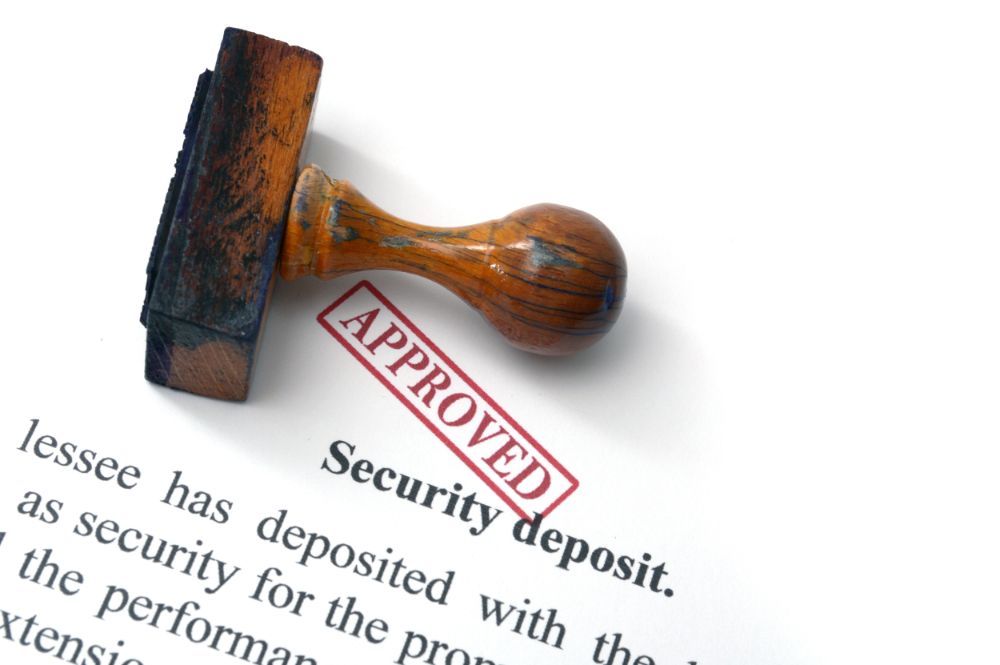The NJ security deposit law is one of the most important things that both landlords and tenants must know when it comes to making deductions from a deposit, collecting them as well as returning a tenant’s deposit. The procedures must be well learned so that you can have a smooth process in rentals. There may be some rules that apply in different states, so check with your county to know more about additional laws. Here are six pointers you must know of the statewide law.
Security Deposit Limit in New Jersey
The limit to as what a landlord can charge the tenant for a security deposit is one and a half month’s rent. This also means that if the tenant’s rent is increased, the security deposit can also be raised to match the increase in their rent. However, it cannot be increased for more than 10% in the security deposit in any year of their rental.
Placing the Security Deposit
There are a few options when it comes to storing your security deposit in New Jersey. One, you can invest them in a money market fund or second, you can fund them in Interest-Bearing Bank Account.
It is important to take note that the money market fund must be a company based in New Jersey and has shares that are registered under the Securities Act of 1933, which has a maturity date of a year or less and is registered under the Investment Company Act.
Written Notice in New Jersey
When it comes to writing notices, it is a must for landlords them when it comes to certain instances. For example, after 30 days of receiving the security deposit the landlord must include a notice as part of their agreement of the lease.
If the landlord does not meet their requirement to pay the tenant the amount of interest they are entitled to or fails to provide a notice where it is compulsory for them to do so, the tenant can then write a letter to the landlord, saying that they must do so.
Once You Sell Your Property
If you decide after some time to sell your property and move somewhere else, it is important that you transfer the deposits to the new owner within a week. On top of that, it is important that you also inform the tenants by mail of the action where you transferred the deposits to the new owner within 30 days of the transaction. From there onwards, the new owner will be the ones who are responsible for all of the deposits, including all interests if any.
Buy A Property through NJLux
Looking for a place to call home? Fret not, with NJLux.com, your future home can be secured through us. We are able to provide properties from a wide range of options to allow you and your loved ones to have the time of their lives. Contact us today to know more!













